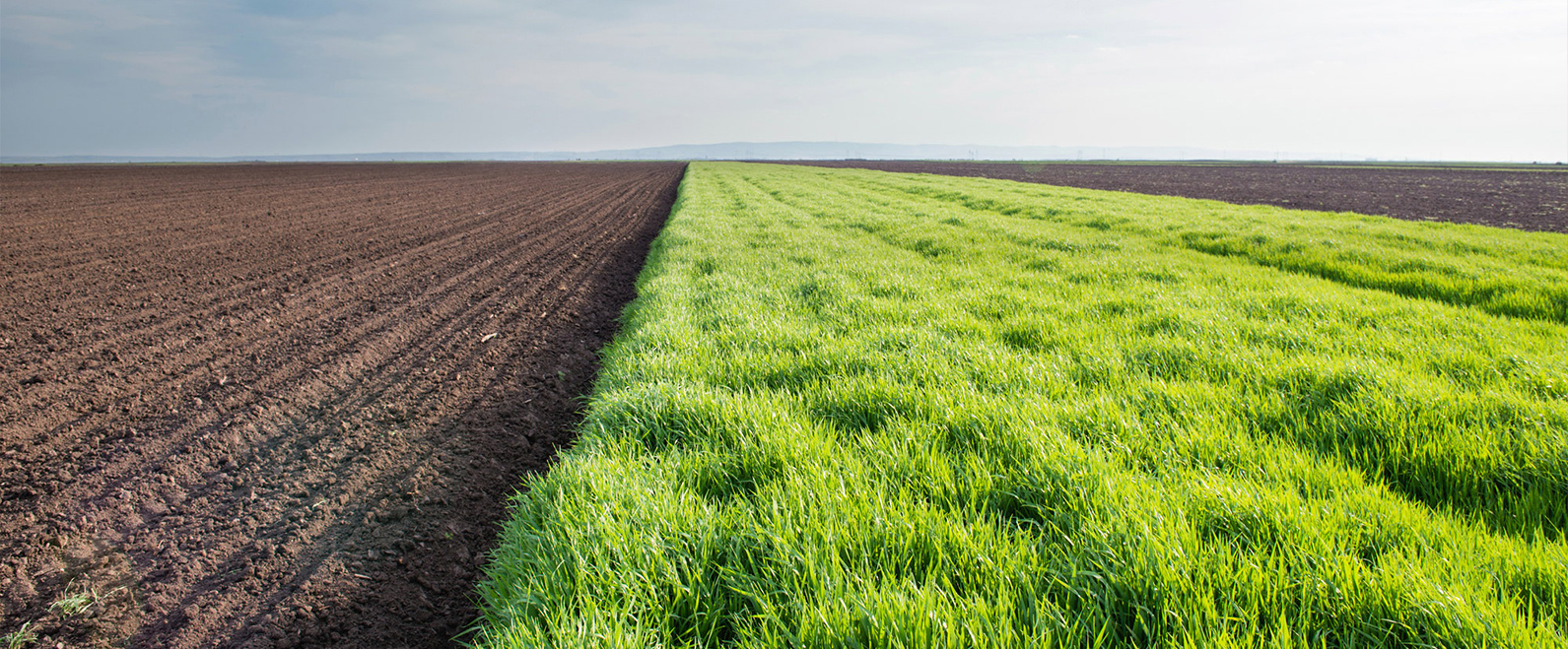
Grupa Azoty has completed its agreements in the Agro sector for the 2024/2025 season, signing a total of 66 contracts with its authorized distribution network for the domestic market. Internationally, a significant portion of sales is based on short-term agreements, while some cooperation is carried out under framework agreements.
"We have had an intense period of negotiations with partners both domestically and internationally. Before discussions, it was essential to analyze individual markets and define the Group's goals, considering the current and forecasted situation in the fertilizer industry. We held several meetings with our authorized fertilizer distribution network, outlining specific assumptions for further cooperation. Regarding pricing, we must be aware that global trends in the fertilizer market primarily influence prices, so we continuously monitor key indicators," says Hubert Kamola, Vice President of the Management Board of Grupa Azoty S.A., responsible for the Agro sector and President of the Management Board of Grupa Azoty Puławy.
Market Outlook for the Coming Weeks
Grupa Azoty emphasizes that the current market is characterized by stable prices for urea and diammonium phosphate (DAP), which contributes to rising fertilizer prices in Europe. The situation in Egypt, caused by reduced gas supply to urea plants, also implies a global increase in urea prices. Further tenders confirming interest in urea are observed in India, with active markets in Latin America and South America.
Key Challenges for the New Agro Season: Gas Costs, ETS, and Eastern Imports
Grupa Azoty points out that one of the key factors affecting the final price of nitrogen fertilizers is the cost of gas. For example, in the USA, gas prices are at $2.65/MMBtu, in Russia $2.66/MMBtu, while in Europe on the TTF, it is as high as $10.81/MMBtu. Additionally, ETS costs are 67 euros/tonne with further potential increases. Introducing a carbon tax for importers of specific products from January 1, 2026, will be an essential mechanism to level the playing field between EU producers who comply with climate policies and those manufacturing products outside the Union.
One of the most significant challenges for EU producers is the import of fertilizers from the East. Grupa Azoty emphasizes the necessity of implementing appropriate protective tools for the fertilizer market in the context of imports from Russia and Belarus. Gas costs, ETS, and excessive imports put the entire fertilizer sector in the EU under incredible cost pressure, with potentially irreversible consequences. All stakeholders, including European agriculture representatives, must be aware of this. Furthermore, energy transformation and its associated costs are crucial considerations. We understand the need to reduce emissions by modernizing our production lines and want to implement these actions, but CO2 imports into Europe undermine these efforts. Therefore, as Grupa Azoty, we actively engage and present our stance on the necessary actions and decisions to maintain industry competitiveness. In this regard an understanding for the import issue at both the national and the EU level matters to us significantly," adds Hubert Kamola.